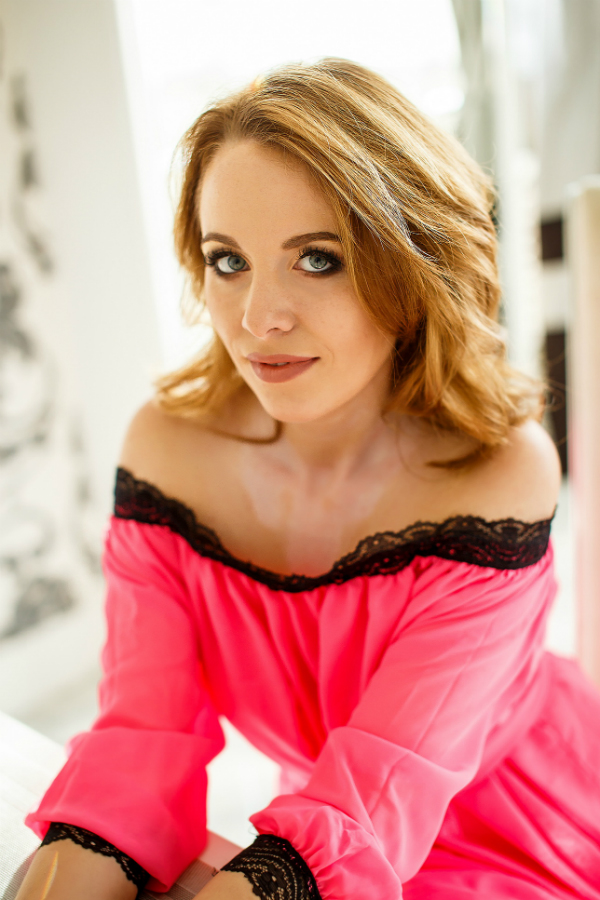Dating in a Scary Place Can be a Strange Place
The world of dating may get frightful. Finding adore can seem like an unachievable activity because of ghosting and another unpleasant scares.
Nevertheless, it is still possible to overcome these challenges and fall in love in the modern time. You you meet new people and form lasting associations by juggling online and offline interactions and participating in social actions.
The wide range of decisions
The variety of alternatives available may seem less of a curse than a grace when it comes to finding adore. Studies of decision overload and decision-making have discovered that having too many options can cause anxiety, indolence, and discontent with the choices they make, known as the paradox of choice.
Our predecessors, in contrast, commonly married couples from their neighborhood’s social circles or schoolmates, leaving them with fewer options for passion. But, for Gen Z, the search for a heart mate seems far more complicated.
Dating apps provide an seemingly endless list of potential matches, with each status featuring a carefully chosen picture and clever bio to best reflect their individuality. The endless flow of compliments and likes you develop an air of euphoria in a world of tap culture and quick connections, which makes it easy to reject authentic connection when the next best match is always just one click away.
The infrequent nature of relationships
Modern friendship is more smooth than previously, and it frequently entails a number of momentary links. This is caused by a number of components, including societal shifts and individual psychological factors. The prevalence of these agreements, with persons less dependent on cultural expectations to type lifelong associations earlier, is explained by sociology professor Zygmunt Bauman’s theory of “liquid modernism.” In some stages of life, people may promote exploration and personal development, believing that transient relationships let them experiment with various aspects of themselves without carrying around long-term commitments.
These interactions can also cause designs of stress and stress, particularly for those who have underlying commitment issues. Coaching you assist in addressing these issues, enabling people to develop more effective grappling mechanisms and more objective relationships.
Life moves at a quick rate
The accelerated pace of life in developed nations has had a negative impact on dating. Citizens seem to struggle to slow down enough to focus on ties because they are more disconnected than always.
Moving at the same speed as your new love interest ( imagine two dance partners in the tango ) is essential to a successful romantic relationship. If you hurl too quickly, you’ll probably ruin your opportunity to do a elegant boogie; lag behind, and you’ll be dancing by yourself.
More and more people are looking for informal sex as opposed to severe pledges because of the quick pace of life. Individuals want colleagues who look like supermodels and earn a lot of money because of this, which creates unrealistic expectations.
The desire to consider love
There is no disputing the stress of dating. Finding someone with the same norms, objectives, and dreams as you is challenging. This is especially true if you’re looking for a long-term relation.

Additionally, it’s simple to “match” with someone who doesn’t fit your criteria. This can create a perpetual loop of infrequent encounters that don’t direct to a stronger link. Psychologists and wedding counseling warn that this may have detrimental effects on mental well-being.
Women continue to appear, striking a balance https://foreign-women.com/swedish-women/ between vigilance and trust for link in a setting that frequently feels intended to stop it. A tradition shift that places a premium on respect, assent, and individual respect both online and offline is necessary. In the meantime, you can be more stress-free and increase your chances of finding like by being specific about what you’re looking for and enlisting the services of professionals if necessary. In this week’s season of The Science of Love audio, Mel Robbins and Logan Ury, behavioral scientists, dating experts, hosts of Netflix’s novel set The Afterward Daters, and Hinge’s Director of Relationship Science, learn more about finding true love.
